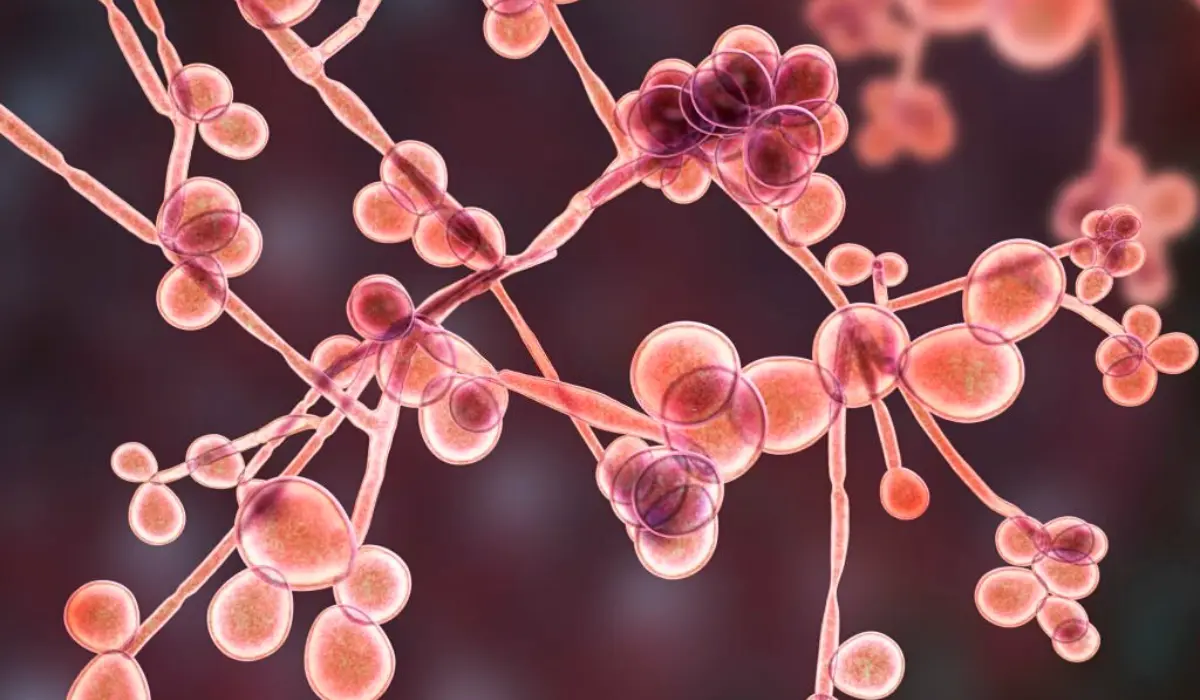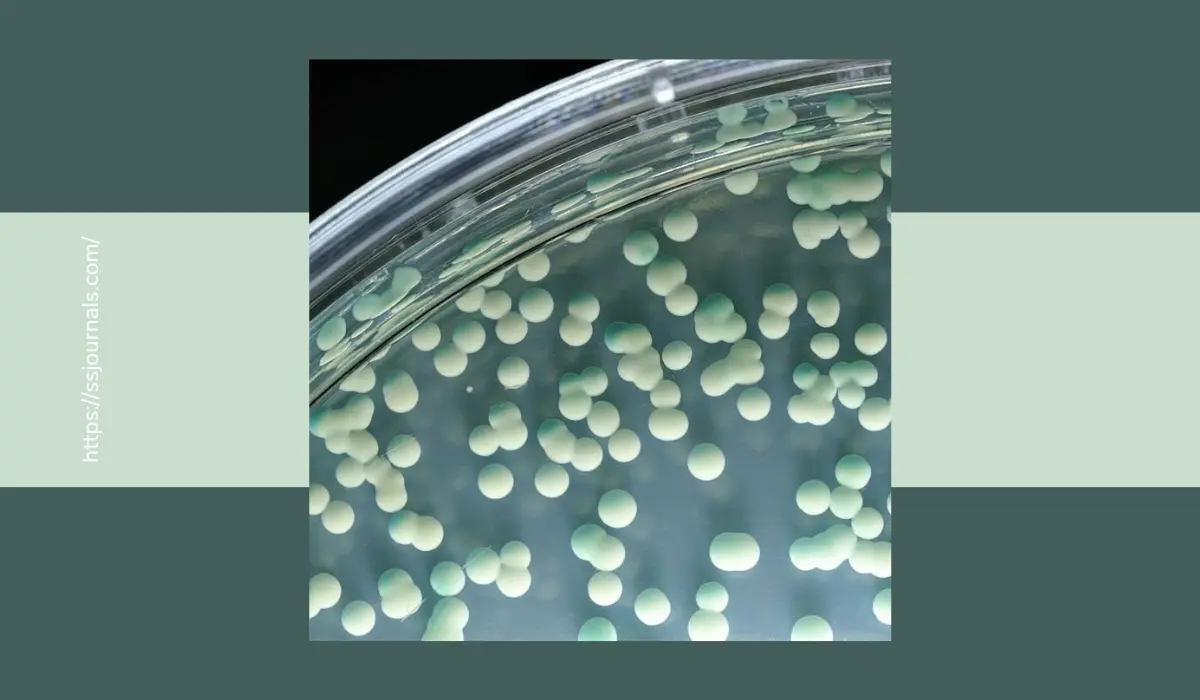Yeast infections are incredibly common fungal infections affecting 3 out of 4 women at some point. The name refers to an overgrowth of yeast organisms in the body, most often in the vagina or mouth.
While yeast infections themselves are not sexually transmitted infections, they can be passed between sexual partners in some cases. This leaves many wondering – are yeast infections contagious?
Types Of Yeast Infection

There are several types of yeast infections:
Vaginal Yeast Infection
Also known as vaginal candidiasis, a yeast infection in the vagina is the most common type. It results from an overgrowth of the Candida fungus, which normally lives in the vagina in small numbers. Symptoms include itching, burning, and thick white discharge.
Oral Thrush
This refers to an oral yeast infection of the mouth and tongue. Oral thrush causes creamy white lesions and can make eating and swallowing painful. It is common in infants and those with weakened immune systems.
Skin Yeast Infections
Skin yeast infections are caused by overgrowth of yeast on the skin. Also known as cutaneous candidiasis, common problem areas include the armpits, groin, and skinfolds. A rash and itching are the main symptoms.
Is Yeast Infection Contagious?
Vaginal yeast infections can be transmitted in a few different ways:
- Between female sexual partners through direct vulva-to-vulva contact. This is less common.
- From an infected woman to a male sex partner. While men do not get yeast infections, they can develop irritation and present symptoms after sex with an infected partner.
- From mother to newborn baby during childbirth if the mother has a vaginal yeast infection.
Oral thrush and skin yeast infections are also contagious forms, transmittable through kissing or skin-to-skin contact.
Keep in mind yeast infections can be sexually transmitted but are not considered traditional sexually transmitted infections (STIs). Also, being contagious does not necessarily mean the infection will be contracted. Factors like immune health determine susceptibility.
Effective Ways To Prevent Spreading Of Yeast Infection
If you or your partner has a yeast infection, here are some tips to avoid passing it on:
💡Avoid sexual activity until the infection has cleared up.
💡 Use protection properly if you do have sex before it resolves.
💡 Practice good hygiene by washing hands after touching infected areas.
💡 Do not share sex toys without disinfecting between uses.
💡 Clean baths and shower areas thoroughly on a regular basis.
💡 Change out of damp clothes, especially swimsuits, right after use.
💡 Maintain optimal immune health through diet and lifestyle.
If you are pregnant and have a yeast infection when labor begins, inform medical staff so they can take precautions against infecting your baby. Let any sexual partners know if you have a yeast infection to prevent transmission risk.
Conclusion
While yeast infections are not traditionally labeled STIs, they can be transmitted through sexual and skin-to-skin contact.
However, proper diagnosis, prompt treatment, and some common sense precautions can greatly reduce the likelihood of passing on a yeast infection to partners or infants. Keep an eye out for early symptoms and see a doctor for appropriate antifungal management when these fungal infections strike.
FAQ
Men cannot get yeast infections, but they can develop irritation and inflammation of the penis from infected sexual partners. Practicing safe sex until the infection clears can prevent transmitting it.
Oral thrush can be passed through mouth-to-mouth contact and kissing, however, this is not very common. Avoid kissing and oral sex if you or your partner have oral thrush.
Recurrent yeast infections can signal an underlying health issue such as uncontrolled diabetes or problems with your immune system. See your doctor to identify potential causes.
Over-the-counter antifungal creams, ointments, and suppositories can effectively clear yeast infections in a few days. Oral fluconazole is also available for more stubborn infections.
Men cannot get true yeast infections. The infection must be treated in female partners. Male irritation usually resolves on its own once the infection clears.

